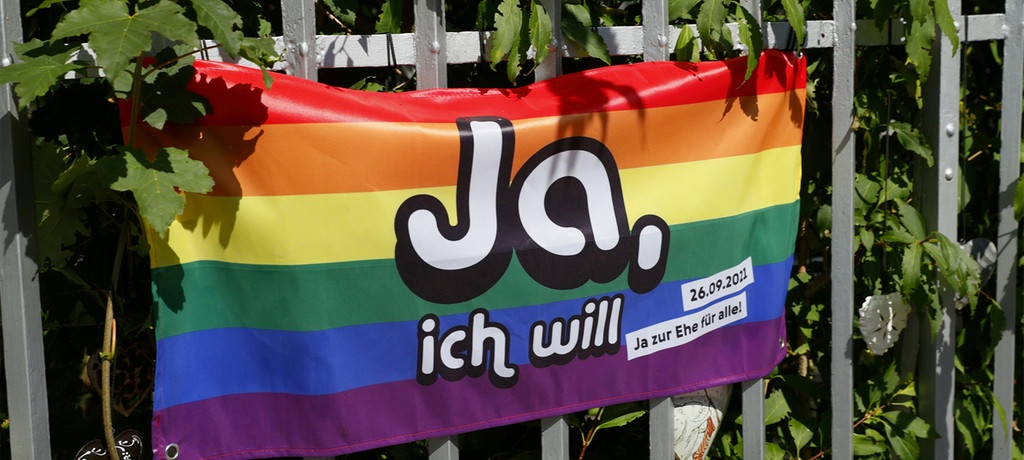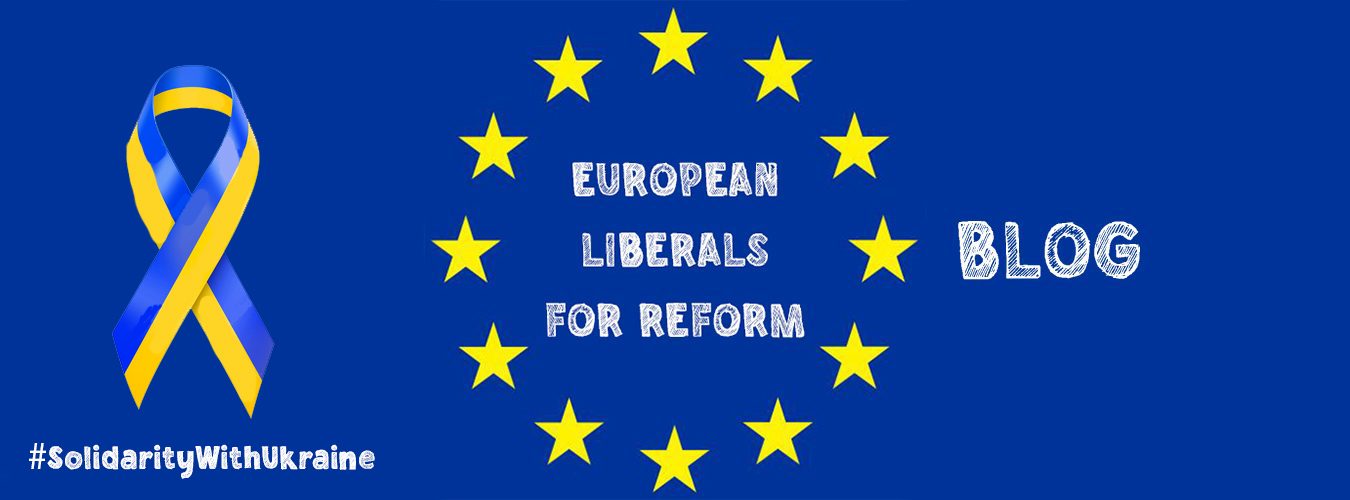
THERESA ZETTL
This weekend has been a great, successful weekend for the LGBTQIA+ Community:
By a clear majority, the people of Switzerland have voted in favour of marriage equality in a referendum.
Germany has its first two Transgender Members of Parliament after the election of the new parliament took place on Sunday.
Switzerland: Marriage equality referendum
After the Netherlands in 2001, France in 2013 and Germany in 2017, Switzerland now also legalizes same-sex marriage: In Sunday’s referendum, 64.1 % of eligible voters were in favour of marriage equality, according to the country’s authorities. The Swiss government, the Federal Council, announced a swift implementation of the new provisions. The result was hailed as “historic” by advocates of same-sex marriage in many places.
“This is a day of celebration, of victory after eight years of campaigning,” said Deborah Haenni of the Libero Association, which had promoted the “yes” vote. By now allowing same-sex marriages, Switzerland is aligning itself with other countries in terms of openness and progress. Among other things, the new law provides that same-sex couples can adopt children together. Lesbian women can also have themselves artificially inseminated in a homosexual partnership.
The new law is expected to come into force on 1 July 2022. From this date, same-sex couples should be allowed to marry civilly. Registered partnerships could be converted into marriages from that date. The Yes to marriage equality is a “form of recognition by society”, as state should not dictate to people how they should organize their private lives.
Germany: First transgender Members of Parliament
With the candidates of the Greens, Tessa Ganserer and Nyke Slawik, two trans women enter parliament for the first time. They do want to get involved in queer policy issues, but not only, as both stated.
Tessa Ganserer is also the queer policy spokesperson of the Green parliamentary group in Bavaria and has been campaigning for the interests of the queer community in recent years. She sees the biggest gaps in the law on parentage, which discriminates against lesbian, non-binary and trans parents, and the “degrading transsexual law”, which, according to Ganserer, needs to be replaced by a self-determination law. “That I have to go before a judge so that the state accepts me as I am; that I have to endure psychological assessments; that I have to put up with degrading questions, that is against human dignity and violates the right of self-determination of the Basic Law,” said Ganserer.
Ganserer stated, that she was listed on the ballot papers in the federal election with her deadname, i.e., the first name she has discarded. Her female first name “Tessa” was merely in brackets. She wrote on Twitter that the mention of her deadname had “exceeded the level of humiliation”. As a result, she demanded a change of civil status and first name according to the so-called “Transsexual Act”.
The other transwoman being elected, Nyke Slawik, belongs to a different generation than Ganserer. “There needs to be more diversity among MPs so that there are finally people sitting there who not only talk about different realities of life, but know them and can empathise with them”, said Slawik to the German newspaper Tagesspiegel.

European Liberals for Reform – Working group: LGBTQIA+
Are you interested in more matters of the LGBTQIA+ Community? ELfR set up a working group for LGBTQIA+. You will find more information here.

Be the first to comment